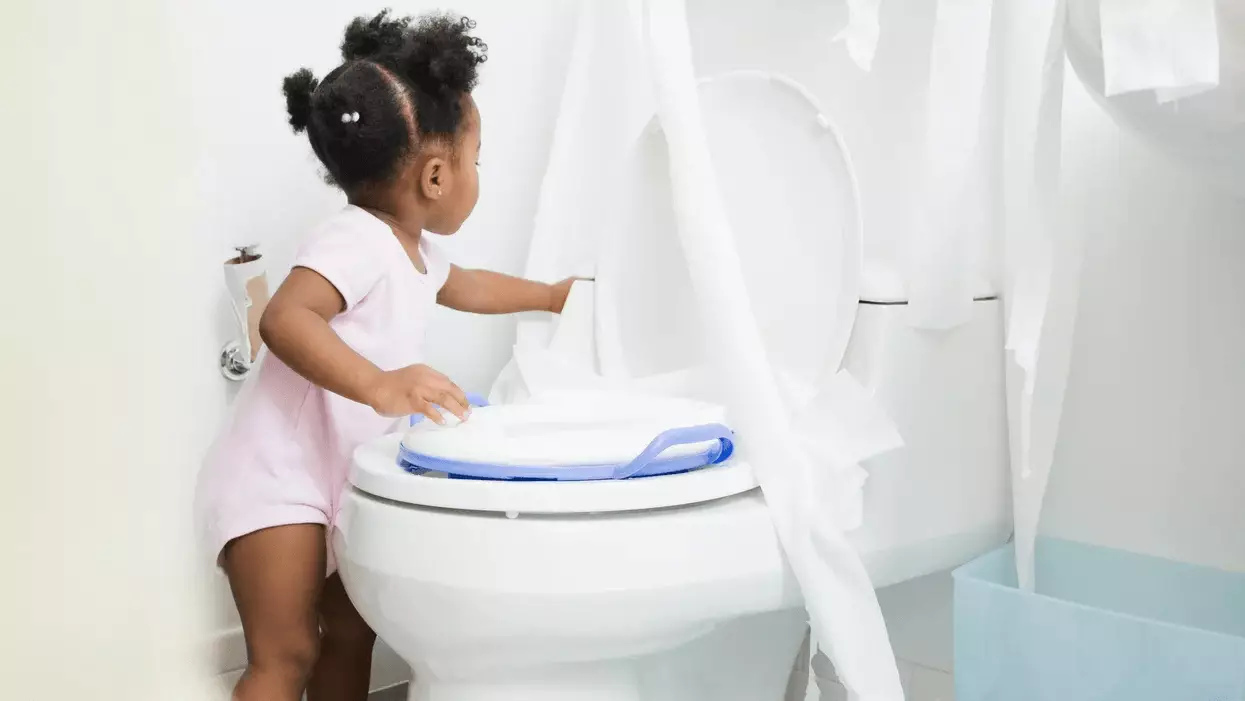Potty training is a significant milestone in a child’s early development that can often feel like a monumental task for parents. Making the transition from diapers to the potty is not just a physical change for the child; it also involves emotions, routines, and sometimes setbacks. Parents undoubtedly put effort into ensuring their children grasp the concept of using the potty, but what happens when those seemingly mastered skills regress? This article delves into the issue of potty training regression—its causes, normalcy, and strategies for effectively addressing it.
Engaging in potty training can be stressful, full of messy accidents, frustration, and the potential for setbacks. Factors such as moving to a new home, experiencing the arrival of a sibling, or even external stressors like a global pandemic can create significant upheaval in a child’s life. This instability may contribute to what is known as potty training regression, where children who were once fully trained suddenly begin having accidents again. Recognizing that such regressions are quite common can help parents ease some of the worry that comes with the situation.
Children often experience regressions as they navigate through various stages of emotional and developmental growth. Life changes like starting school or welcoming a new sibling can provoke anxiety, resulting in a retreat to learned behaviors from earlier stages, including accidents. Thus, understanding that regression is a normal part of the developmental process can provide comfort. Parents are reminded that this phase is generally temporary, and with a little effort, children can regain their potty training skills.
Strategizing a Supportive Response
Parents must approach these regressions with nurturing reactions rather than frustration. Yelling or expressing disappointment can deeply affect a child, leading to feelings of shame or embarrassment, which are counterproductive. Instead, maintain a calm demeanor when accidents occur. Acknowledge the incident matter-of-factly, and encourage moving forward with a focus on re-establishing positive bathroom behaviors.
Creating a structured routine around bathroom breaks can alleviate anxiety for the child. Scheduling moments for potty visits can offer predictability, particularly before transitions such as meals or outings. Use simple language to motivate your child, mentioning how using the potty opens up more enjoyable activities. This predictability can empower children and enhance their confidence in successfully managing their needs.
Involving Children in the Cleanup Process
When accidents do happen, including your child in the cleanup can be a valuable learning opportunity. Guiding them to assist in cleaning up promotes responsibility and ownership of their actions. Instead of just completing the cleanup alone, ask your child to join in—whether that’s bringing cleaning supplies or picking out fresh clothes. By making them a part of the solution, they can better appreciate the benefits of proactively using the potty as a preventative measure against messes.
Children often resist potty training due to a need for autonomy, particularly amidst significant life events. Offering choices—such as selecting their underwear or deciding which bathroom to use—gives children a sense of control over the process. These small, seemingly insignificant options can empower children further and help them feel more involved, easing the transition away from accidents.
Quality Time and Attention
Often, regression occurs when children feel overlooked, especially when new siblings gain much of the parental focus. Ensuring that you carve out dedicated time for your child fosters a bond and reassures them they are still important. Simple activities—such as sitting with them while they use the bathroom—can reinforce that their feelings, even regarding potty training, are valid and important to you.
Consistency is Key
It can be tempting to revert to diapers during stressful situations—like long trips or busy days out—when regression occurs. However, maintaining consistency is crucial. Even minor interruptions to the routine can confuse children and hinder their progress. Sticking to a routine—where possible—helps reinforce the behavior patterns children have learned and minimizes the likelihood of regression.
Seeking Assistance When Needed
While potty training regression is typically normal, persistent difficulties could signal an underlying issue. If concerns arise regarding your child’s potty training progress—especially if it seems prolonged—don’t hesitate to consult with a pediatrician. They can provide insights, assistance, and reassurance tailored to your child’s unique circumstances.
Navigating the complexities of potty training regression is undoubtedly a challenge, but with knowledge, patience, and an array of strategies, parents can guide their children back on track with confidence. Through understanding and appropriate response, parents can ease this transition into a new phase of independence in their child’s growth journey.

